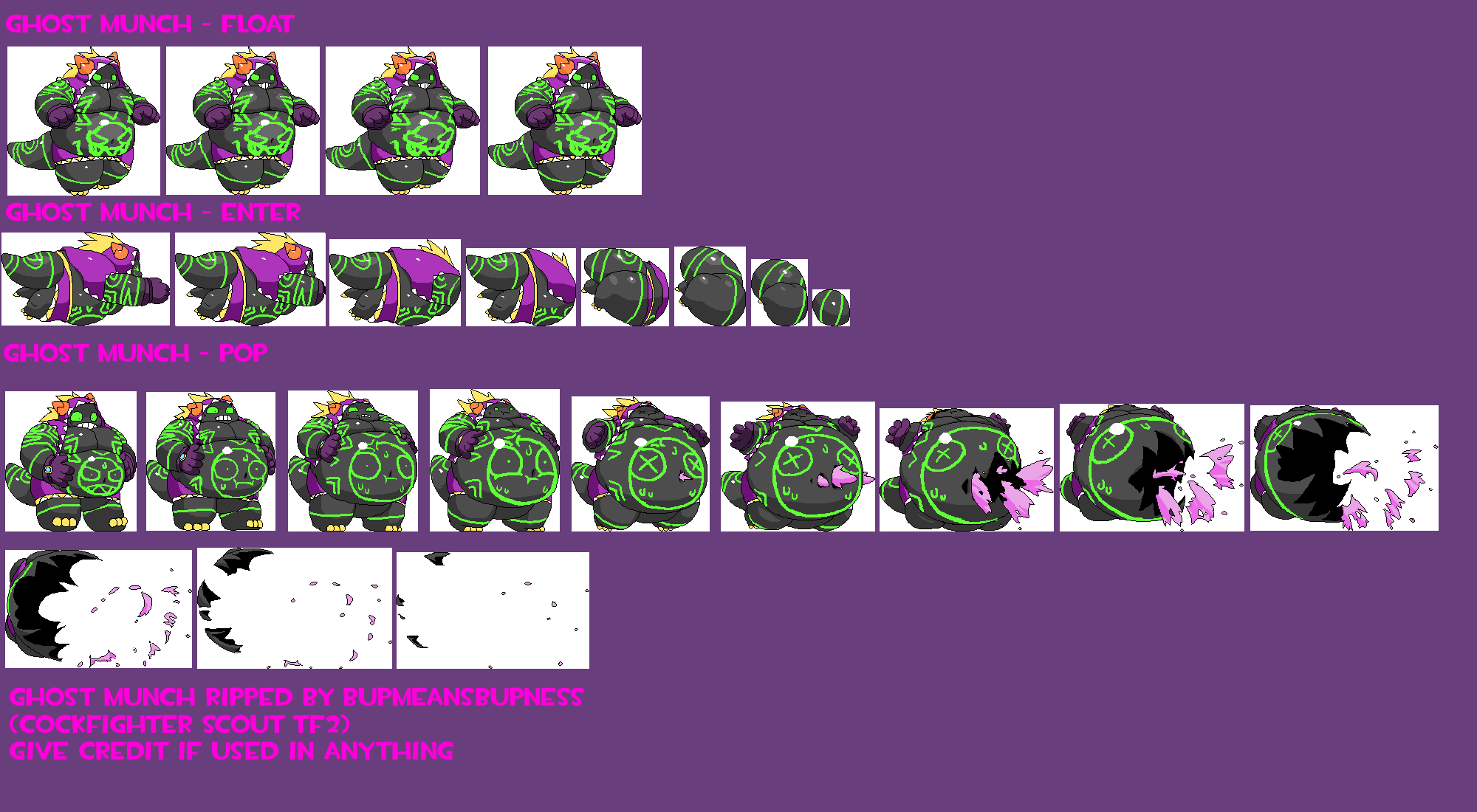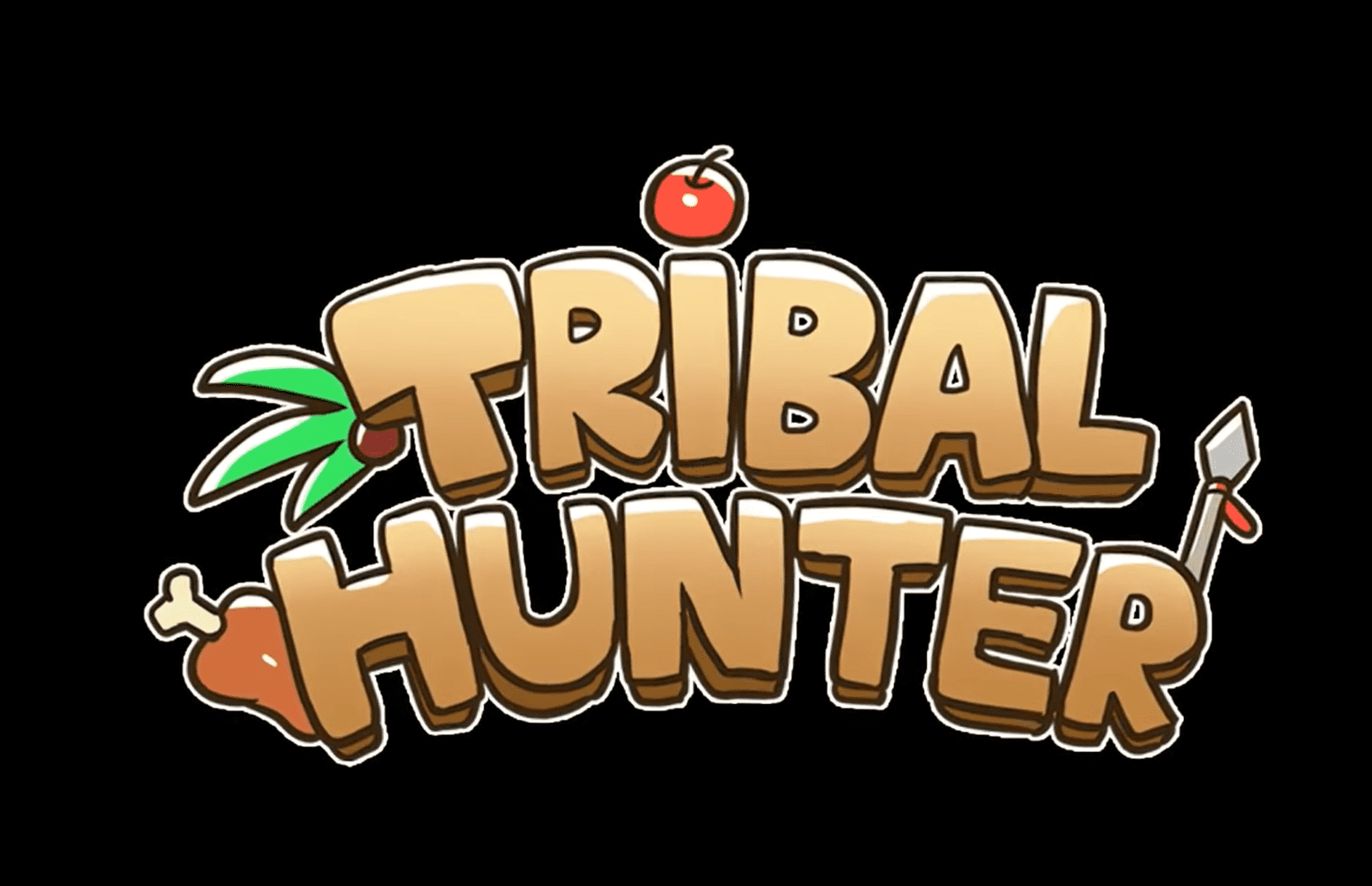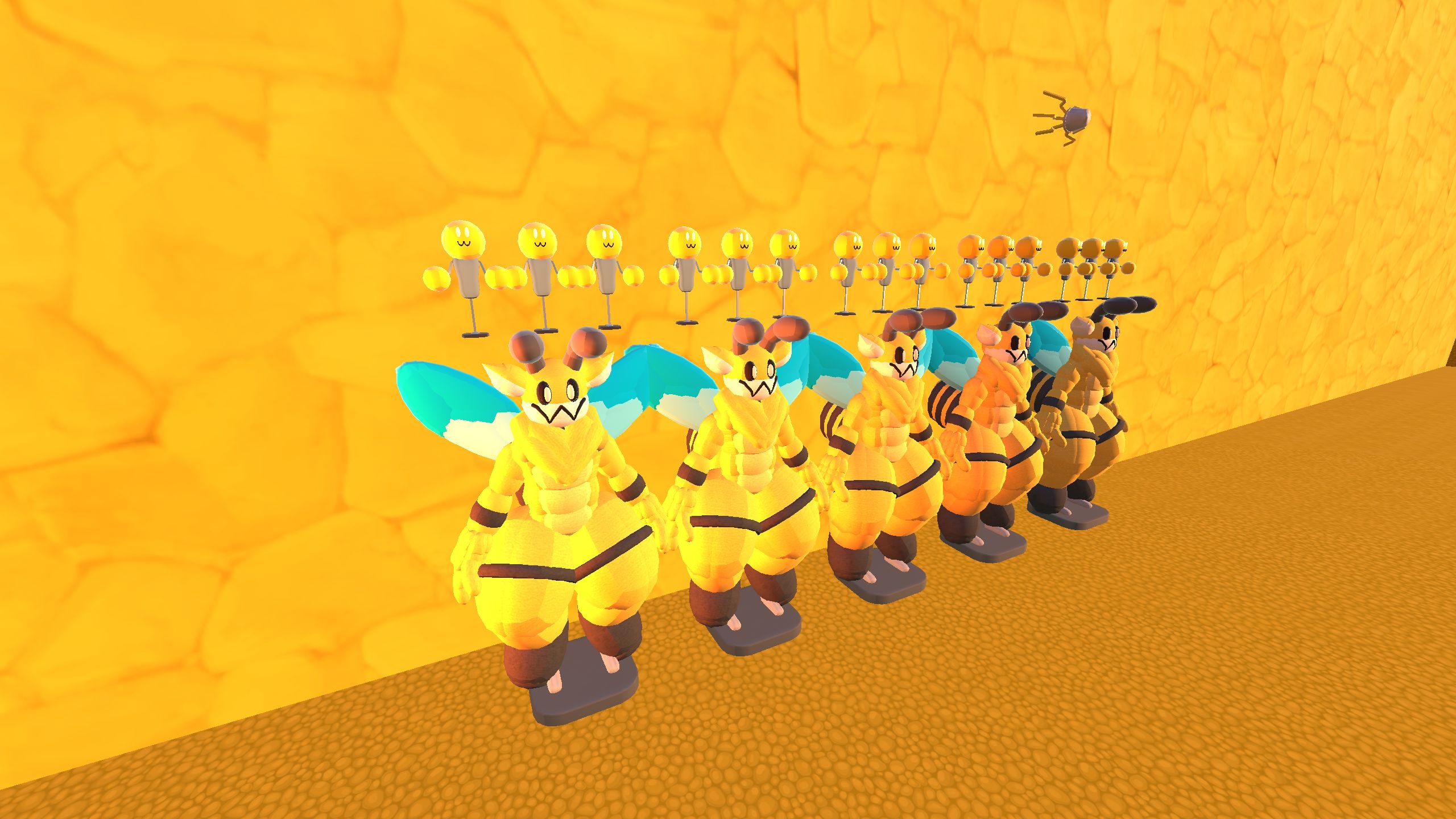Stories, you know, have always been a way for us to make sense of the world around us. They help us understand things that are big and, sometimes, like, a little bit beyond our everyday grasp. Think about the old tales, the ones passed down through generations, often around a fire. They often speak of the wild, of survival, and of the deep connection people felt to the land and its creatures. This kind of storytelling, it really does touch something ancient within us, a part that remembers when life was, like, very much about the hunt and the rhythms of nature.
When we look at different kinds of stories, we sometimes find themes that, you know, might seem a bit unusual at first glance. These themes often come from a place of deep human curiosity about power, about the natural world, and about the very boundaries of being. They can explore ideas of transformation, of becoming one with something powerful, or of the raw, untamed aspects of existence. It's really about how imagination lets us play with these big concepts, letting us see them from different angles.
So, when we consider a concept like "tribal hunter vore" within storytelling, it's about looking at how narratives use this idea to explore those very primal connections. It's less about the literal action and more about the symbolic weight, the feelings it evokes, and the deeper meanings a storyteller might want to share. These tales, you know, can invite us to think about the cycle of life, the strength found in nature, and the ways beings interact in the wild, often in a very powerful, almost mythical sense.
Table of Contents
- What Makes Primal Stories So Compelling?
- How Do Narratives Explore the Idea of Tribal Hunter Vore?
- The Echoes of Ancient Ways
- What Lessons Can We Find in Tribal Hunter Vore Stories?
- Connecting with Our Deepest Selves
- Is There a Deeper Meaning to Tribal Hunter Vore Narratives?
- Crafting Stories That Resonate
- The Power of Imagination in Tribal Hunter Vore Themes
What Makes Primal Stories So Compelling?
There's something about tales from the wild, stories that come from a time when people lived very closely with nature, that really draws us in. These narratives, you know, often speak of the hunt, of finding food, and of the constant push and pull of survival. They carry a kind of raw energy, a feeling of being right there, experiencing the world in its most basic form. It's like a whisper from long ago, telling us about the very first human experiences.
These stories, you know, often touch on very deep emotions. The feeling of awe for a powerful animal, the fear of the unknown, the joy of a successful hunt, or the sadness of loss. They show us people facing big challenges with just their wits and their strength. It's a way of connecting with a part of ourselves that understands the world before all the modern conveniences. It's almost as if our spirits remember those times.
And so, these narratives help us think about survival, about what it really takes to live without all the comforts we have today. They make us consider resourcefulness, community, and the respect people had for the creatures and plants that sustained them. You know, they are not just stories; they are like echoes of a way of life that shaped who we are as people, showing us what matters when things get, like, very real.
How Do Narratives Explore the Idea of Tribal Hunter Vore?
When we look at how some stories use a theme like "tribal hunter vore," it's often to represent something much bigger than the surface action. It can be a way to show complete dominance, yes, but also a deep kind of absorption, a return to nature's cycle in a very profound sense. It's about how one being might, like, virtually become part of another, taking on its essence or power. It’s a very strong symbolic act, really.
Consider the idea of becoming one with the hunted. In some imaginative tales, this isn't just about consumption; it's about a deep, almost spiritual connection to the prey. It might suggest a hunter taking on the strength, the spirit, or even the very nature of the creature they have pursued. This kind of narrative, you know, can explore the idea of respect for the animal, acknowledging its power by making it a part of oneself, in a way.
So, it's really about the transformation of power, the taking on of qualities. A story using this theme might suggest that the hunter gains not just physical sustenance, but also the wisdom, the cunning, or the ferocity of the creature. It's a way for storytellers to explore the boundaries of self and other, and how, in the wild, the lines between beings can sometimes seem, like, quite blurred, almost disappearing entirely.
The Echoes of Ancient Ways
It's interesting to think about how old stories, myths, and legends from around the world often feature powerful figures, hunters who know the land, and the wild animals that share it. These tales are like a window into how people understood their place in the natural order. They show us the wisdom held within community tales, passed down through time, from one generation to the next, like a precious gift.
These stories, you know, were not just for entertainment. They often taught important lessons about living, about respect for the environment, and about the roles people played within their groups. They helped people understand the world around them, its dangers, and its gifts. They were, in a way, like guides for life, showing the paths people could take and the consequences of their actions.
So, these narratives help us understand human nature and its relationship with the world around it. They remind us that for a very long time, people lived in a world where the lines between human and animal, between predator and prey, were, like, very much a part of daily life. They show us the ingenuity and the spirit of people who relied on their surroundings for everything, and how their stories reflected that deep connection.
What Lessons Can We Find in Tribal Hunter Vore Stories?
When we think about the lessons that might be found in stories exploring "tribal hunter vore," it's often about the deeper cycles of life and death, and the respect for the natural world. These narratives can, you know, highlight the idea that life feeds life, and that even in the act of taking, there can be a profound acknowledgment of what is given. It’s a way of looking at the give and take of existence, a concept that is very old.
These tales might also show us about adaptation, about finding strength in unexpected places, or even in unexpected ways. They can explore the idea that by facing the wild, by engaging with its raw power, a person might discover new aspects of themselves. It’s about how challenges, even very intense ones, can lead to a kind of growth or understanding that you might not find otherwise, almost like a trial by fire.
So, the idea of cycles, of life feeding life, comes through in a very broad sense. It's about the continuous flow of energy and being within the natural world. These stories, you know, can be a way to think about how everything is connected, how one thing leads to another, and how even the end of one life can be part of the beginning of something new. It's a perspective that, you know, tends to be quite ancient and deeply rooted in how many cultures view the world.
Connecting with Our Deepest Selves
Certain narratives have a way of tapping into very old parts of our imagination, parts that feel connected to a time before recorded history. These stories, you know, can make us feel a sense of wonder, a feeling of being part of something much bigger than ourselves, something wild and untamed. It's like a call from the distant past, reminding us of our primal roots and the journey of humanity.
The feeling of being part of something bigger, something that existed long before us, is a powerful draw. These tales often speak to our innate curiosity about the unknown, about the raw forces of nature, and about the mysteries of life itself. They can stir up feelings of awe and a kind of deep respect for the power that exists in the world outside our everyday lives. It’s a very humbling experience, really, to think about it.
And so, stories can help us feel a connection to our ancestors, to the ways people lived long ago. They remind us that many of the challenges and triumphs we experience today have echoes in the past. It's a way of understanding the shared human experience across time, and how, you know, certain themes and feelings are universal, connecting us all through the threads of history and imagination.
Is There a Deeper Meaning to Tribal Hunter Vore Narratives?
When we consider the idea of ultimate connection, or merging with the essence of another, within "tribal hunter vore" narratives, it's really about exploring profound symbolic territory. These stories can suggest a complete integration, not just of body, but of spirit and power. It's a concept that pushes the boundaries of what we usually think of as interaction, inviting us to imagine a kind of unity that is, like, very much beyond the ordinary.
The symbolic act of taking on the spirit or strength of something powerful is a recurring theme in many cultures' myths and legends. Whether it's through a ritual, a vision, or a narrative device like this, the idea is often about gaining wisdom, courage, or a new perspective. These tales, you know, can explore the transformation of a character through this intense connection, showing how they become something more, or different, than they were before.
So, these narratives might explore the boundaries of self and other, the idea of becoming whole through integration. They can be a way to think about the cycle of life and death, and how even in what seems like an end, there can be a continuation, a transfer of energy or essence. It's a very imaginative way to deal with big ideas about existence, about power, and about the deep, almost primal, connections that can exist in the world, in a way.
Crafting Stories That Resonate
The art of storytelling is really about making tales that stick with people, ones that they remember long after they've heard them. It's about finding the right words, the right feelings, and the right way to present an idea so that it truly connects with someone. A good story, you know, has a way of staying with you, making you think and feel things that might not have crossed your mind before. It’s a powerful thing, really.
The way a good story can make us think, feel, and wonder is quite remarkable. It can transport us to other places, introduce us to new ideas, and help us see the world from different perspectives. This is especially true for narratives that explore complex or unusual themes, as they challenge our everyday assumptions and open up new avenues for thought. It’s like, a journey for the mind, in some respects.
So, it's through the skill of writers and creators that these imaginative concepts, even ones that might seem a bit challenging, are brought to life. They use their craft to build worlds, develop characters, and weave narratives that, you know, invite us to explore the depths of human experience and imagination. It's about making the abstract feel real, and the unusual feel like something we can, like, actually consider and understand on some level.
The Power of Imagination in Tribal Hunter Vore Themes
Imagination, you know, is what allows us to explore concepts that are truly beyond everyday experience. It gives us the freedom to think about things that aren't real, to create worlds and scenarios that challenge our usual ways of thinking about life, about power, and about the natural world. It's a space where anything is possible, and where we can, like, virtually test out big ideas without any real-world limits.
The freedom to create worlds and scenarios that challenge our usual ways of thinking is a cornerstone of storytelling. Themes like "tribal hunter vore" exist within this imaginative space, allowing for a symbolic exploration of primal instincts, survival, and the profound connections between beings in a wild setting. It’s about pushing boundaries and seeing what stories can tell us when we step outside the familiar, basically.
So, these themes, even if they are unusual, can spark conversations about primal forces and human nature. They make us think about the raw energy of the wild, the cycle of life, and the different ways power can be expressed or understood. It's a reminder that stories are not just about what is, but also about what could be, what is imagined, and what, you know, might be hidden in the deeper parts of our collective human spirit.
This article has explored the concept of "tribal hunter vore" not as a literal event, but as a narrative theme found within certain imaginative stories. We've considered how primal tales resonate with our deep-seated connection to nature and survival, and how such narratives can symbolize profound ideas of dominance, absorption, and transformation. The discussion touched upon the echoes of ancient ways in these stories, the lessons they might offer about cycles and adaptation, and how they connect us to our deepest selves. Finally, we looked at the power of imagination in crafting these unique narratives and how even unusual themes can spark thought about primal forces and human nature.
Related Resources:
Detail Author:
- Name : Genoveva Lehner
- Username : murphy.mavis
- Email : davis.ulises@wintheiser.org
- Birthdate : 1994-12-27
- Address : 469 Runte Plaza Schoenside, MD 67692
- Phone : (716) 933-1831
- Company : Walsh, Stoltenberg and Hahn
- Job : Directory Assistance Operator
- Bio : Debitis soluta sit tempora voluptatem iste et. Voluptatem quis qui rerum exercitationem aut. Non tenetur quaerat aliquid autem. Quisquam eum non quam. A ratione eos sint molestias.
Socials
tiktok:
- url : https://tiktok.com/@okunevas
- username : okunevas
- bio : Voluptatibus quo adipisci impedit sint fugit.
- followers : 1735
- following : 2966
twitter:
- url : https://twitter.com/sabrina8697
- username : sabrina8697
- bio : Optio necessitatibus aliquid est. Repellat rerum eligendi error qui. Magnam maiores vel commodi dolorem ratione eum eius.
- followers : 5838
- following : 803


